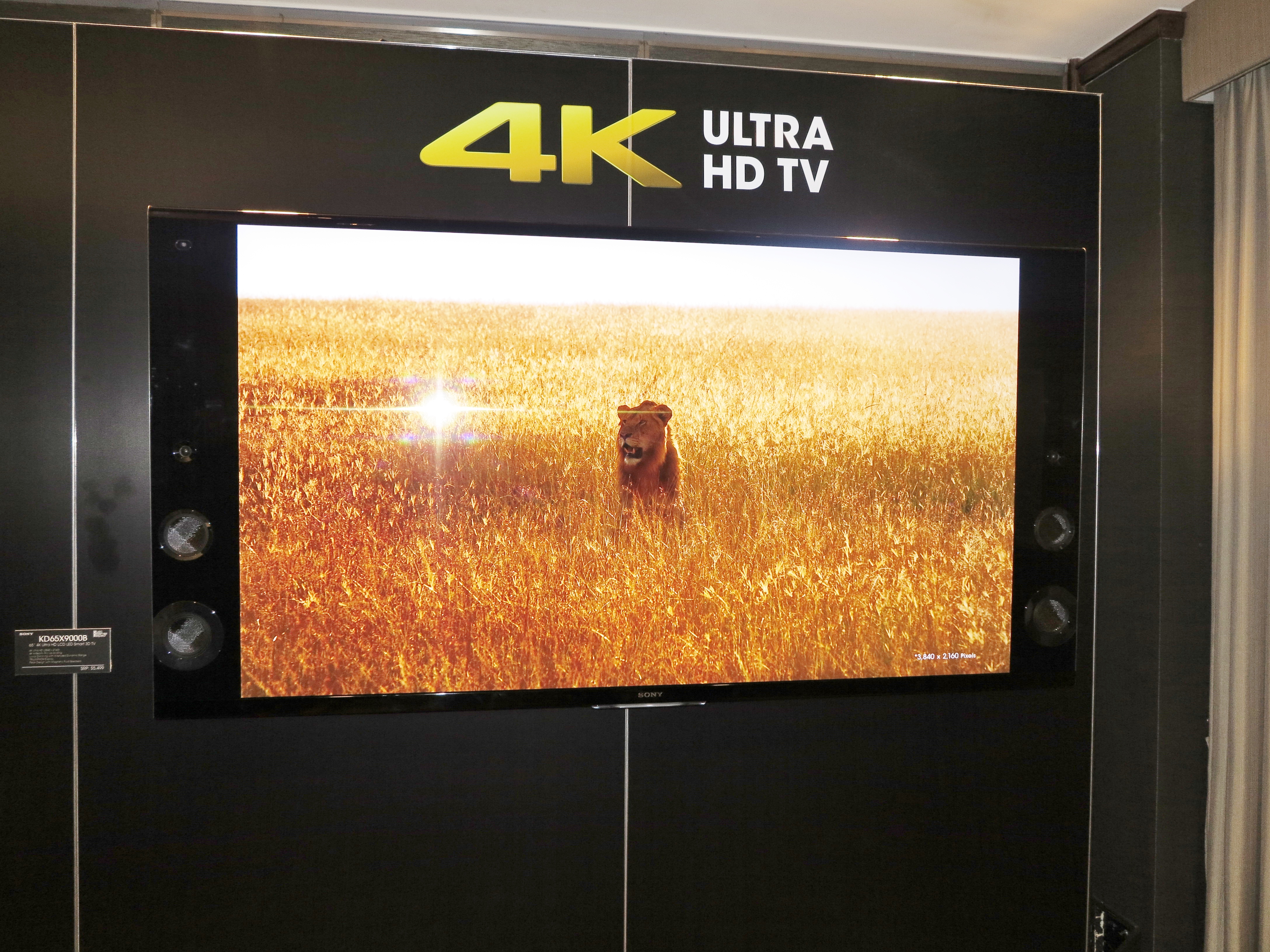After hearing the latest furore about Optus delivering delayed broadcasts of the AFL and NRL football matches to their mobile subscribers, I have thought that something needs to be done concerning how online and mobile rights for sporting and cultural events are worked out.
Typically the online and mobile rights for these events are bought by ISPs or mobile carriers for exclusive distribution to their subscribers. This has become a thorn in the side of sports and cultural bodies, existing radio / TV broadcasters and similar groups due to various limitations that could exist.
For example, most radio stations run an Internet-hosted simulcast of their regular broadcast and this has extended radio to the iPhone and popularised the Internet radios such as the ones I have reviewed on this site. What has happened lately is that radio stations that call AFL or NRL football matches using their own talent have had to run alternate programming on their Internet feeds so as to placate Telstra who have exclusive rights to these matches.
Similarly, Optus running a broadcast-IP setup and cloud-recording arrangement to deliver the football to their subscribers has ruffled Telstra’s and the football leagues’ feathers.
This can cause issues not just with ISPs and mobile providers but can affect companies who deliver any form of IPTV services which is a growing trend with the arrival of next-generation broadband services. It could even extend to usage environments such as hotels and apartment blocks implementing “broadcast-IP” tuners to deliver broadcast content from a rooftop aerial to the building’s LAN with Internet-enabled radio / TV equipment connected to the network showing or playing the content.
What needs to be looked at for defining online rights to a sporting or cultural event is whether the online use is simply a verbatim use of an existing radio or television broadcast or data available on the scoreboard; or whether it is an extended mixed-media interactive use of the content. The “verbatim use” would be something like diffusing broadcasts from a broadccast-IP tuner to a broadcaster simulcasting an audio or video feed of the broadcast to the Internet and providing a user-interface just to gain access to that stream. It can also encompass someone who writes a mobile scoreboard app with their own interface.
This is compared to an enhanced online service with extra data on the game being provided alongside the broadcast of that game, such as on-demand video, a Web scoreboard or a highly-strung scoreboard app with the leagues’ logos.
Here online / mobile rights could be split in to two categories – a default simulcast rights for existing broadcasters which requires verbatim use of the sportscast including all commercial and continuity material normally broadcast; and an enhanced online right for online providers who buy that right. The latter right should then enable access to the content by users associated with competing Internet and mobile providers under the same terms as the rights-holder’s subscribers. There could also be a raw-data right for people who prepare their own data applications like sports-magazine Websites and online scoreboard apps.
For the league or cultural-event organiser, they could be in a position to sell multiple online rights classes or choose to offer “verbatim-use” (simulcast) rights to existing rights-holders as a way of bolstering broadcast-rights packages/ As well, private-network use of broadcast material, including time-shifted copies, should be qualified as a standard fair-use right for users of that network such as a household or a hotel’s employees and guests.
What needs to happen is a common sense of “working out” broadcast rights for live sporting and cultural events so that uses commensurate with broadcasting are protected yet the organiser can sell advanced-interactive use rights to online and mobile providers.

